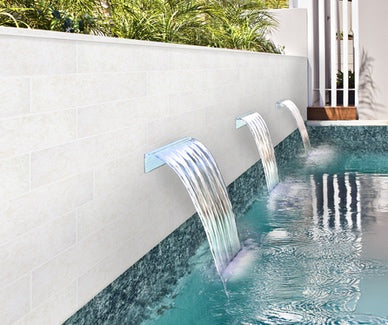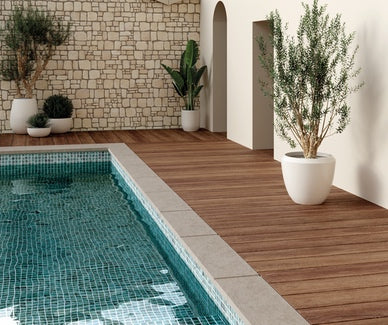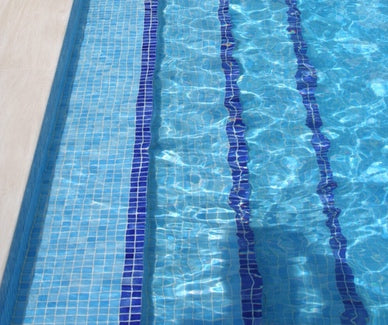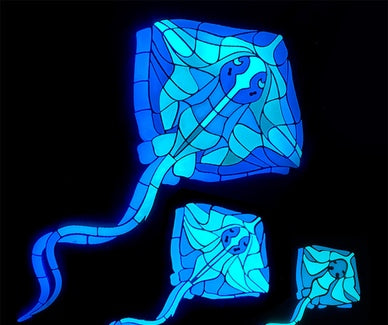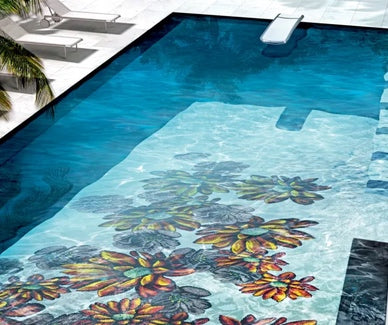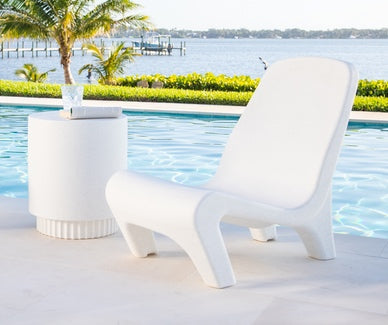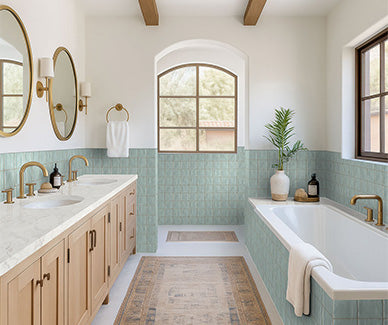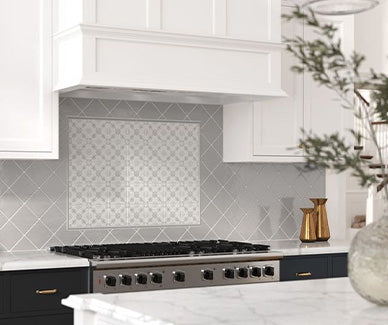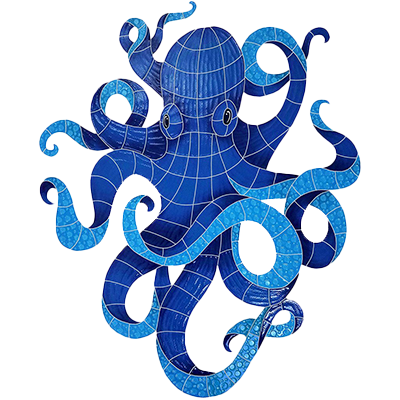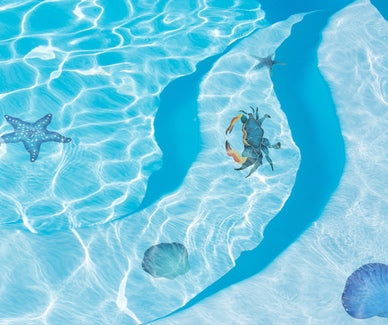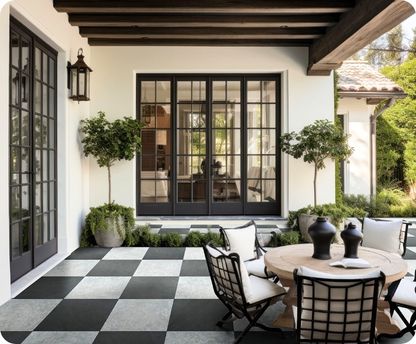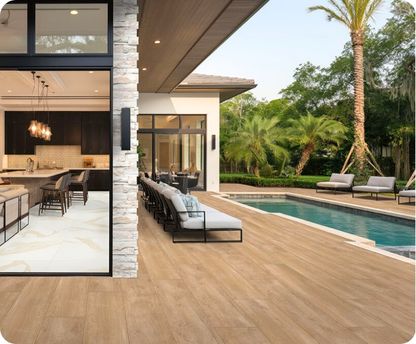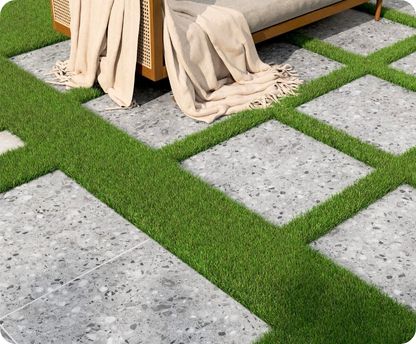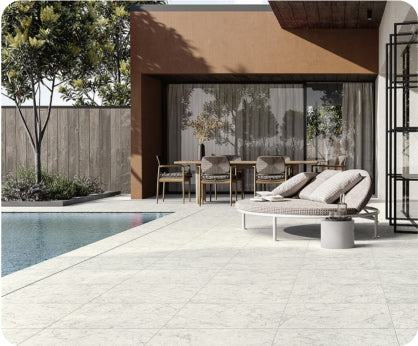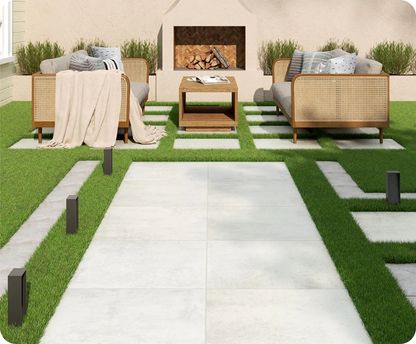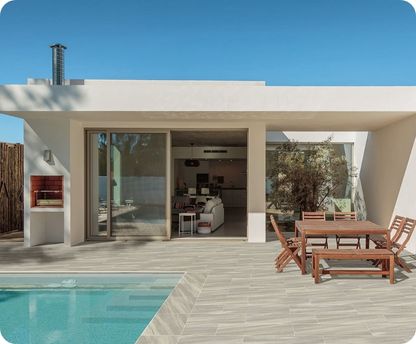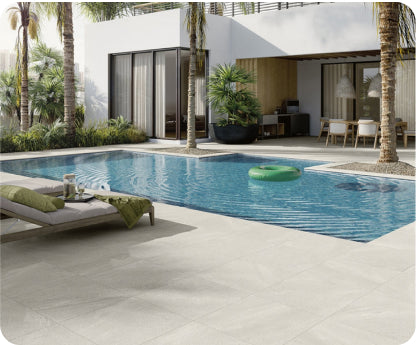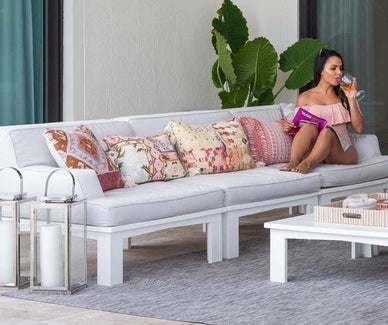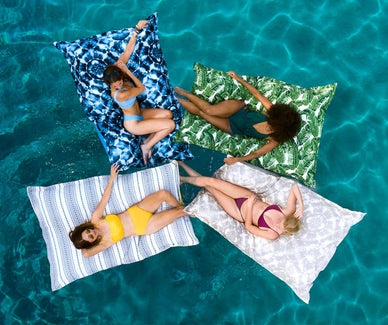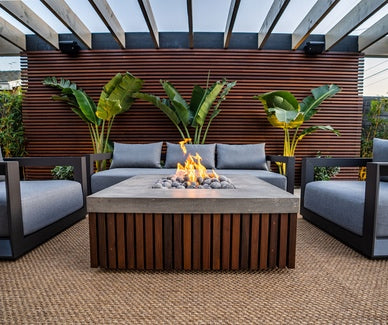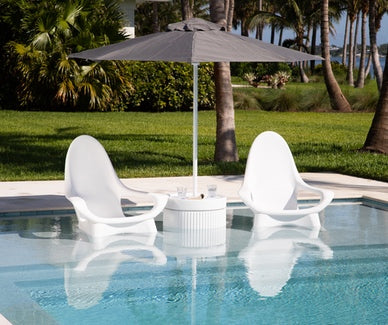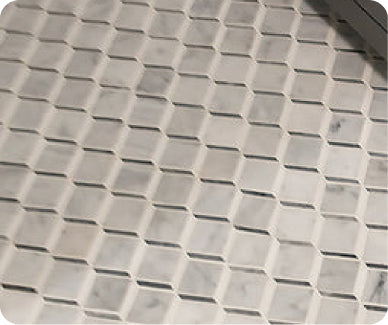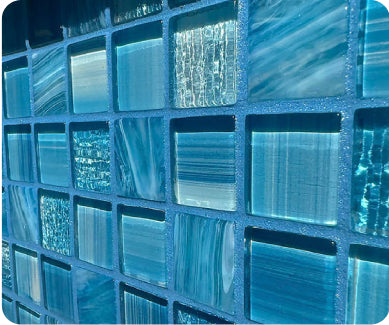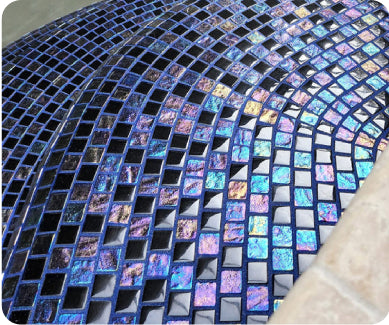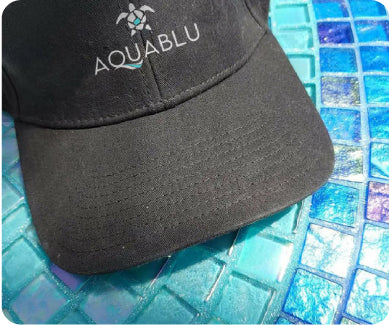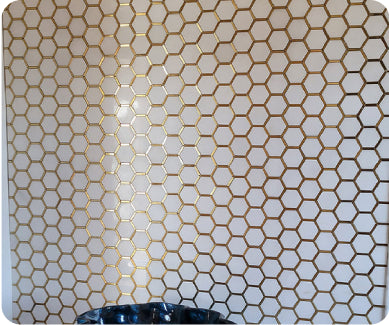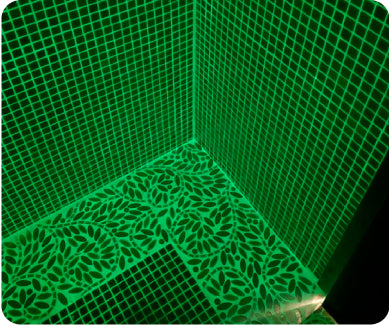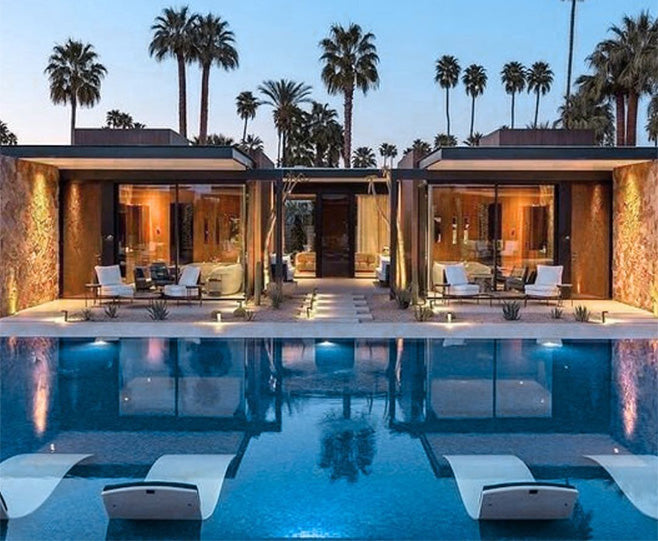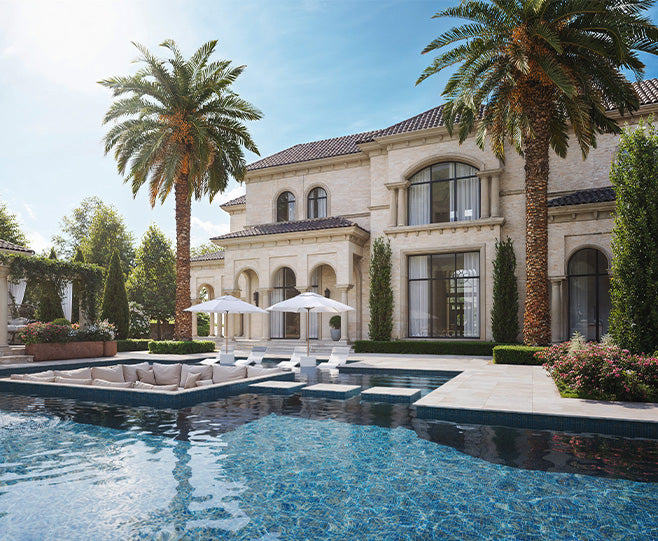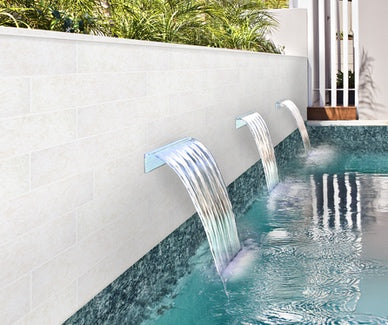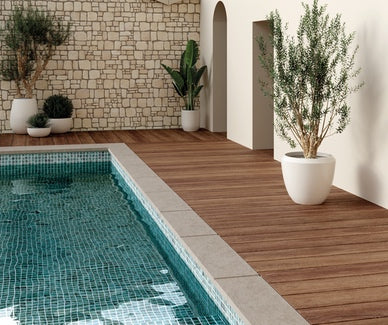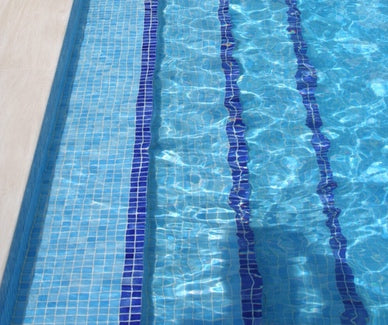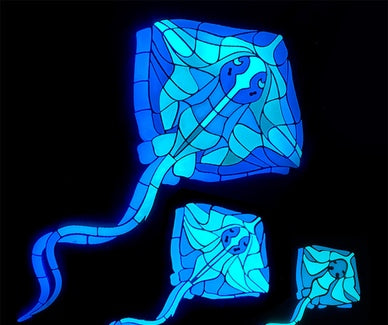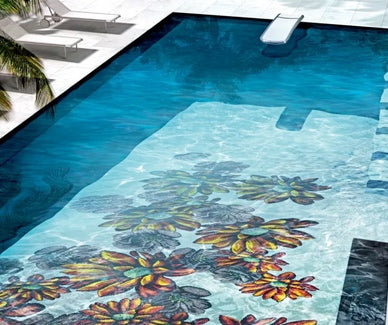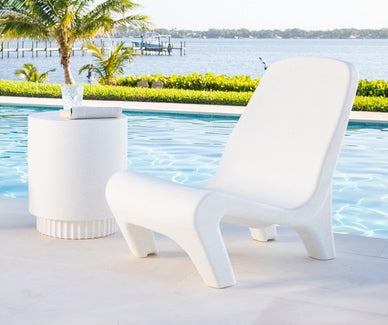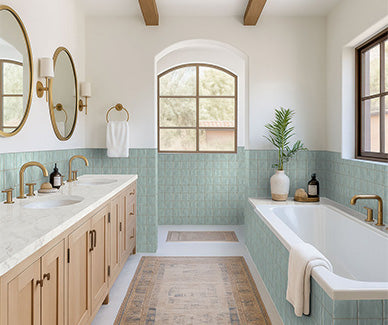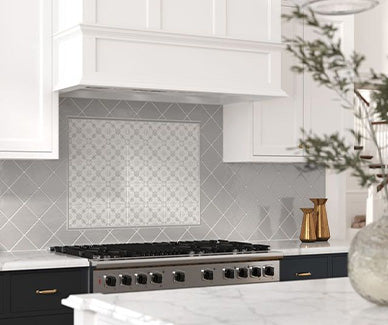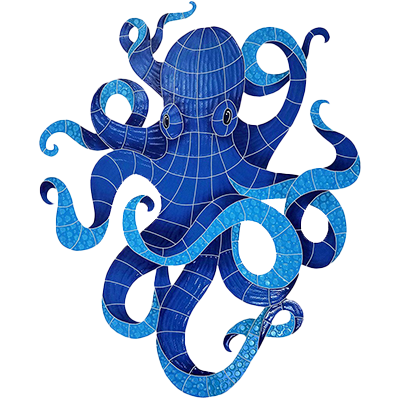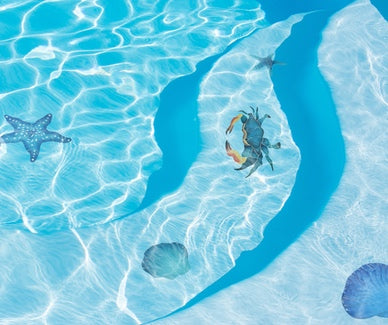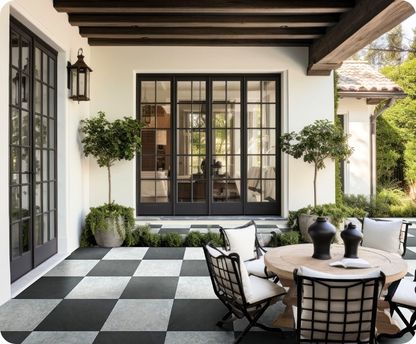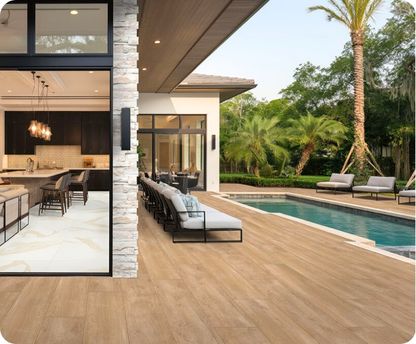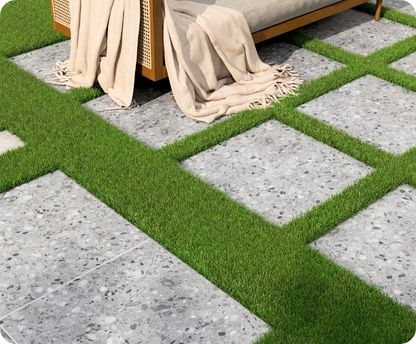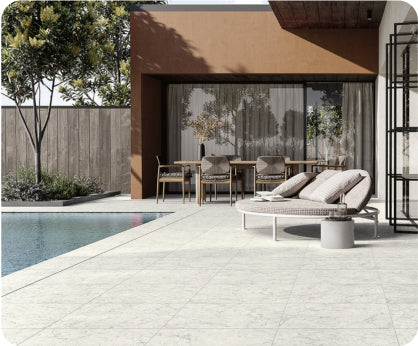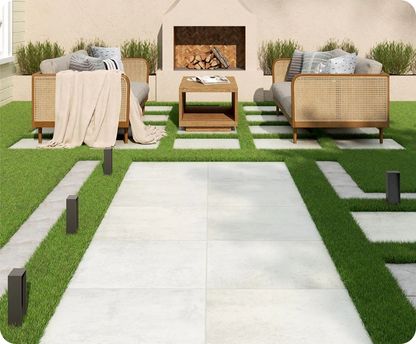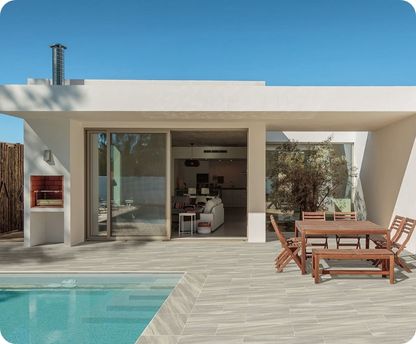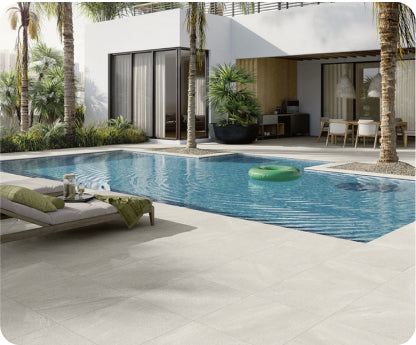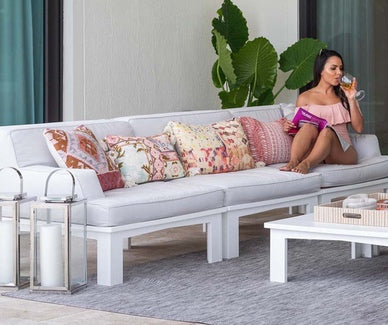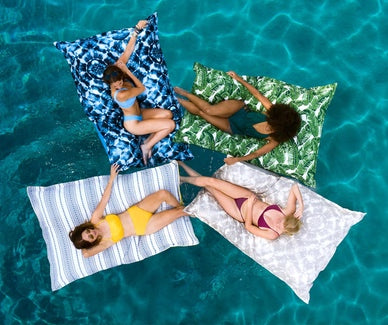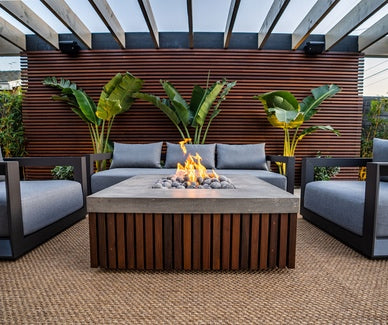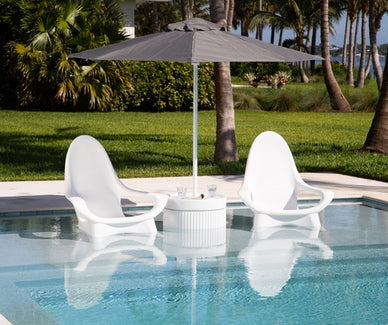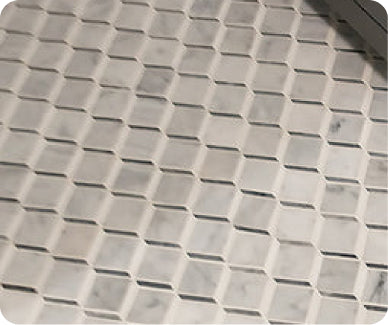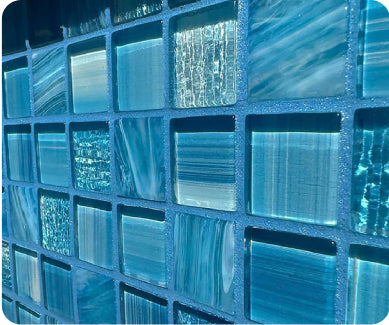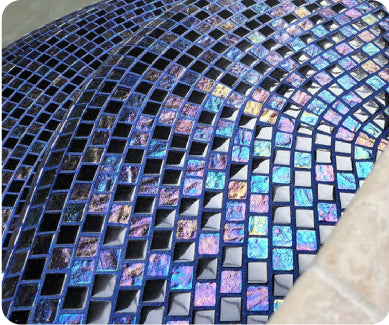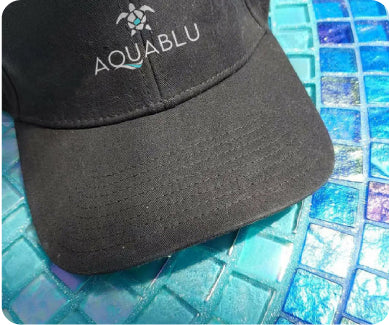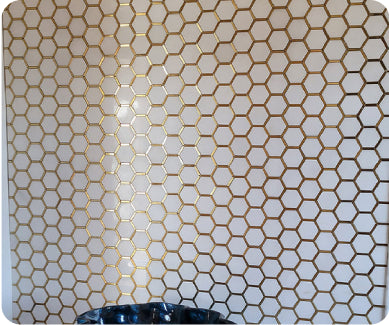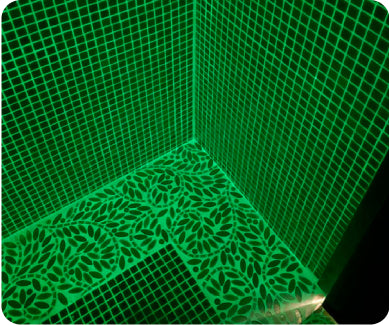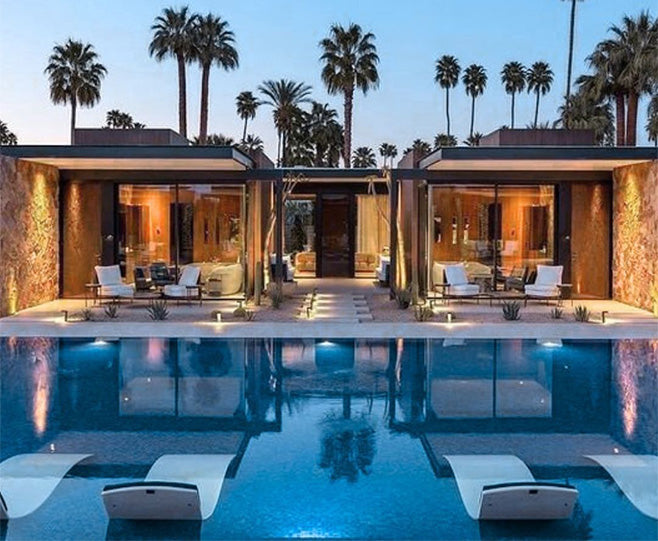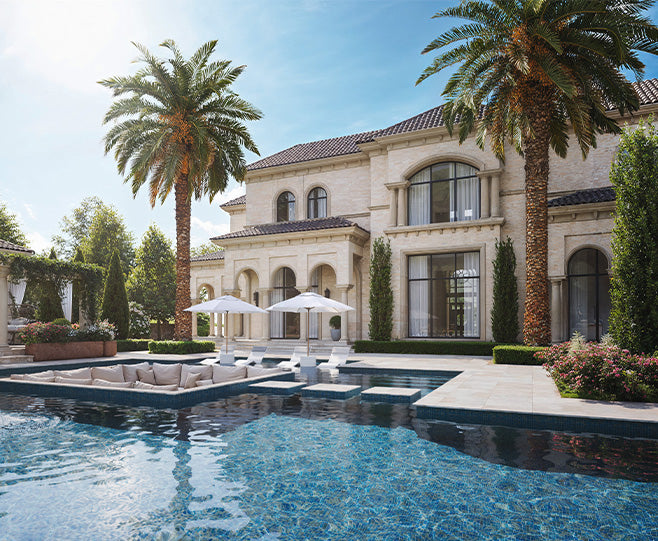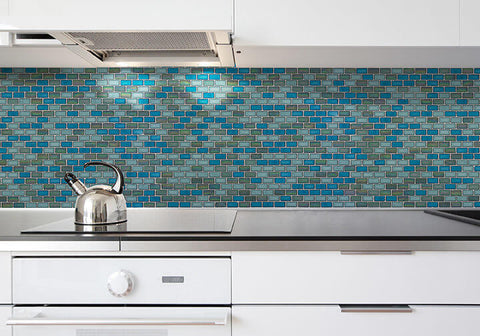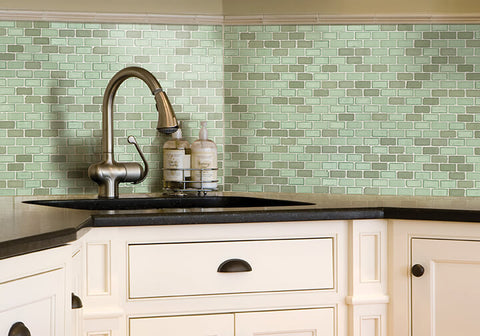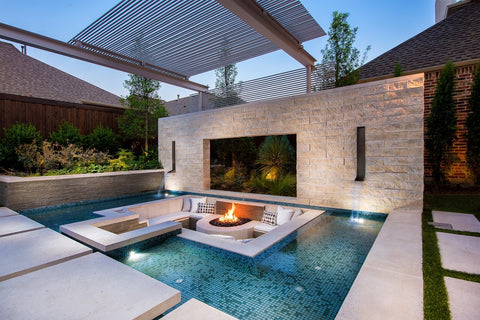A Dive Into Mosaic Glass Tile: Why Cast Glass is Class

Over the past few years, glass mosaic tile has become the go to choice for new and refurbished pools.
Glass pool tiles for waterlines or total pool coverage are popular because glass tiles are available in so many designs, tones, and styles and can be used to accent any style of pool be it traditional, modern, or natural.
Also glass pool tiles are durable, easy to keep clean and aesthetically pleasing with the way glass softly bends light. Glass tile is a unique and niche product and is often inspired by the world of fashion. No other installation material offers a more beautiful enhancement to your project.
Additionally, studies show that swimming pools featuring glass tiles increase property resale values.
However a word of caution: Not all glass tiles are created equally. The truth of the matter is that there is a wide range of glass quality in the market so make sure you’re aware of those quality limitations when making a selection for your project.
Three Kinds of Glass
Glass originated in Egyptian civilizations around 3000 B.C.. Before that time, most mosaics were composed of stone.
Glass is amorphous (non-crystalline) transparent / translucent and is produced by floating molten glass over a bed of a liquid tin, which has a low melting temperature.
Today’s commercial glass tiles are either sintered, float or cast. Sintered glass is produced using a hydraulic press. It’s obtained by pressing fine glass powder in molds that produce various shapes. A conveyor carries tiles into a tunnel kiln where tiles are heated at just below the softening temperature, 700 - 800 C. After the cooling cycle, the tiles take on the aspects and the characteristics of glass.
Float glass is made from a mixture of sand, limestone, soda ash, dolomite, iron oxide and salt cake which are heated to a temperature of 1500 degrees Celsius. A large continuous furnace produces glass slabs up to 5’x10.’ For workability, the glass is then cut into smaller 2’x4’ slabs. A color finish is applied to one side of the tile and passed through a curing kiln. The slabs are cut into various shapes and sizes and then go through a tunnel kiln to smooth the tile edges. Both large and small format tiles can be created with this process for mounted and unmounted use.
Cast glass is manufactured when crushed recycled glass, mineral oxides, other finish materials are loaded into furnace @ 2500°F and mixed. Glass pours through molds onto a conveyor and is pressed in another set of molds to obtain desired size/shapes. Finish or color materials can be added to create different finishes and colors. The tile then passes through an annealing kiln at carefully controlled temperatures to ensure the highest quality and durability.
Why Cast Glass is Best
AquaBlu Mosaics offers a huge selection of beautiful American-made cast glass mosaic tiles. Cast offers the highest artistic value and the best 3-dimensionality with vibrant finishes and colors that penetrate the entire body of the tile.
The cast process produces the highest quality glass. That’s why it’s resistant to chemicals and thermal shock. It’s also the most customizable.
American Glass Mosaics is an excellent company that prides itself on producing the finest cast manufactured glass tile, which is made from 100% recycled glass from the automotive industry using Italian glass-making techniques.
Several different types of finishes are available including clear and iridescent finishes. The clear finish is a color through body cast glass. The iridescent finish shows luminous colors that seem to change when seen from different angles. Some of these finishes have a multicolor appearance.
The iridescent finish is achieved by spraying iridescence after tile forming when the tile is still very hot. Since this process is based on a chemical reaction between the sprayed component and the glass, it’s very durable and scratch resistant.
There’s also a sand finish. Lake Michigan sand is used to produce this finish that has a high degree of opacity.
Silver finish is achieved through the application of a material after tile forming when the tile is still very hot. The effect gives a monochromatic and reflective appearance.
There’s even an aventurina finish. This process involves adding special glass chips that contain micro metallic copper flakes to molten glass. This produces an effect whereby the fine particles are suspended in the clear glass and appear like copper filaments throughout the body of the glass tile.
AquaBlu Mosaics is proud to carry the following collections from one of the only cast glass tile manufacturers in the United States:
The Huron Collection
The Huron collection features 49 compelling cast glass mosaic tiles in 32 different colors and 16 standard blends. With your choice of 1”x1” or 1”x2” chips, three finishes are offered: clear, iridescent and aventurina.
The Superior Collection
The Superior collection is a large assortment of over five dozen different cast glass tile designs in six different shapes: 1”x1”, hexagonal, herringbone, linear, mixed, stacked rectangular and staggered rectangular. There’s something for everyone here and in three finishes: sand, sand iridescent and silver.
The Splash Collection
The Splash collection designs make the perfect swimming pool waterline in eight different coastal blends in favorite pool colors of blue tiles and green tiles. These striking pool designs come in easy to manage 1”x1” chips.
---------------
Have a question about our glass tile collections? Or maybe there’s something else on your mind. Talk to one of our experts. You can call us at (800) 971-1442 or fill out our contact form. You can visit our website at https://www.aquablumosaics.com/.

